Is it Expensive to Live in Iraq? A Comprehensive Guide
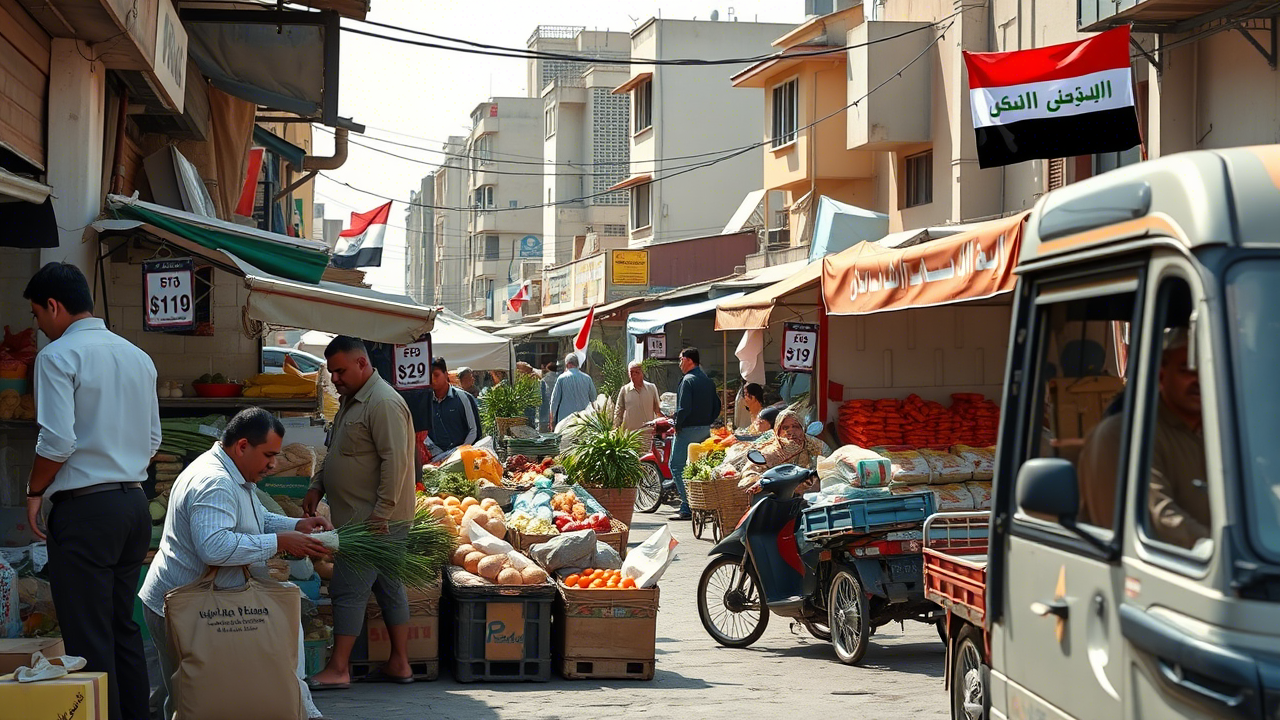
When considering a move or visit to Iraq, one of the first questions that comes to mind is: Is it expensive to live in Iraq? While Iraq offers a unique blend of rich history, cultural diversity, and economic opportunities, understanding the cost of living is essential for planning your stay. In this article, we’ll break down expenses across various categories, analyze current trends, and provide actionable tips to help you navigate life in Iraq affordably.
The Cost of Living in Iraq: An Overview
Iraq’s cost of living varies significantly depending on location, lifestyle, and personal preferences. Generally, major cities like Baghdad, Erbil, and Basra tend to be more expensive than rural areas. However, compared to Western countries, Iraq remains relatively affordable for many expats and locals alike.
Key factors influencing living costs:
- Housing: Rent prices vary widely based on location and property type.
- Food and Groceries: Local markets offer affordable options, while imported goods can be pricier.
- Transportation: Public transport is limited, so owning a car may be necessary.
- Utilities: Electricity and water costs fluctuate due to infrastructure challenges.
Let’s dive deeper into these categories to understand what makes Iraq affordable—or costly—for different individuals.
Housing Costs in Iraq
Rent Prices Across Cities
Housing is one of the largest expenses when living in Iraq. Here’s a breakdown of average monthly rent prices in popular cities:
- Baghdad:
- One-bedroom apartment in the city center: $400–$700
- Outside the city center: $250–$500
- Erbil (Kurdistan Region):
- City center: $500–$900
- Suburbs: $300–$600
- Basra:
- City center: $300–$600
- Suburbs: $200–$400
Factors Influencing Housing Costs
- Location: Properties in secure neighborhoods or near business hubs are more expensive.
- Security Concerns: Gated communities or compounds with private security often come at a premium.
- Infrastructure: Areas with reliable electricity and water supply tend to have higher rents.
Tips for Affordable Housing
- Negotiate Rent: Landlords are often open to negotiation, especially for long-term leases.
- Share Accommodation: Splitting rent with roommates reduces individual costs.
- Explore Suburbs: Living slightly outside city centers can save money without sacrificing convenience.
Food and Grocery Expenses
Eating Out vs. Cooking at Home
Food costs in Iraq depend heavily on whether you dine out or cook at home. Local cuisine, such as kebabs, falafel, and biryani, is incredibly affordable, while international restaurants cater to higher budgets.
Average meal costs:
- Local Restaurant Meal: $3–$8 per person
- Mid-Range Restaurant Meal: $10–$20 per person
- Fast Food: $2–$5 per meal
Grocery shopping is generally budget-friendly, particularly if you stick to locally produced items:
- Fresh Produce: Fruits, vegetables, and grains are inexpensive.
- Imported Goods: Items like cheese, wine, and packaged snacks can be costly due to import taxes.
Practical Tips for Saving on Food
- Shop at Local Markets: Souks (traditional markets) offer fresh produce at lower prices than supermarkets.
- Avoid Imported Products: Opt for locally sourced goods to cut costs.
- Cook at Home: Preparing meals at home saves money compared to eating out regularly.
Transportation Costs
Limited Public Transport Options
Public transportation in Iraq is underdeveloped, with buses and minibusses being the primary options. These services are cheap but often unreliable and overcrowded.
Average public transport fares:
- Bus/Minibus Ride: $0.25–$0.50 per trip
For most residents, owning a car is a necessity:
- Fuel Costs: Gasoline is subsidized by the government, making it relatively affordable ($0.30–$0.50 per liter).
- Car Maintenance: Basic repairs and servicing are reasonably priced compared to Western countries.
Tips for Managing Transportation Costs
- Use Ride-Hailing Apps: Services like Careem operate in major cities and offer competitive rates.
- Carpooling: Share rides with colleagues or neighbors to split fuel costs.
- Buy Used Vehicles: Second-hand cars are more affordable and widely available.
Utilities and Internet Costs
Fluctuating Utility Bills
Due to frequent power outages and aging infrastructure, utility costs can vary significantly:
- Electricity: Many households rely on private generators during blackouts, which adds to expenses ($50–$150 monthly).
- Water: Municipal water supplies are inconsistent; bottled water is commonly used ($5–$10 monthly).
Internet access is essential for work and communication:
- Monthly Broadband Plans: $20–$50, depending on speed and provider.
- Mobile Data Packages: $10–$30 for moderate usage.
Tips for Reducing Utility Costs
- Invest in Solar Panels: Renewable energy solutions can offset generator reliance.
- Conserve Water: Use filters instead of buying bottled water regularly.
- Compare Providers: Research internet plans to find the best value for your needs.
Healthcare and Education Costs
Accessible but Unequal Services
Healthcare in Iraq ranges from free public clinics to private hospitals catering to wealthier patients:
- Public Healthcare: Free or low-cost but often underfunded and overcrowded.
- Private Clinics: Consultations start at $20–$50, with specialized treatments costing more.
Education costs also vary:
- Public Schools: Free for Iraqi citizens; minimal fees for expats.
- Private Schools: Tuition ranges from $2,000 to $10,000 annually, depending on the institution.
Tips for Managing Healthcare and Education Costs
- Health Insurance: Consider purchasing coverage to reduce out-of-pocket medical expenses.
- Scholarships and Discounts: Look for financial aid options for private schooling.
- Community Resources: Join expat groups for recommendations on affordable healthcare providers and schools.
Current Trends and Future Outlook
Impact of Economic Conditions
Iraq’s economy heavily relies on oil exports, meaning global oil price fluctuations can indirectly affect living costs. Additionally, ongoing efforts to improve infrastructure and attract foreign investment could stabilize prices in the future.
Recent developments include:
- Investments in renewable energy projects to address power shortages.
- Expansion of retail chains offering competitively priced goods.
Key Takeaways and Call to Action
So, is it expensive to live in Iraq? The answer depends on your lifestyle and priorities. For those willing to adapt to local customs and focus on affordable options, Iraq can be quite manageable. However, certain conveniences—like high-end housing or imported goods—can drive up costs.
Are you planning a move or extended stay in Iraq? Start by researching neighborhoods, creating a budget, and connecting with local communities for advice. Whether you’re an expat, traveler, or resident, preparation is key to enjoying all that Iraq has to offer without breaking the bank.
Together, let’s embrace the opportunities and challenges of living in Iraq—one step at a time.





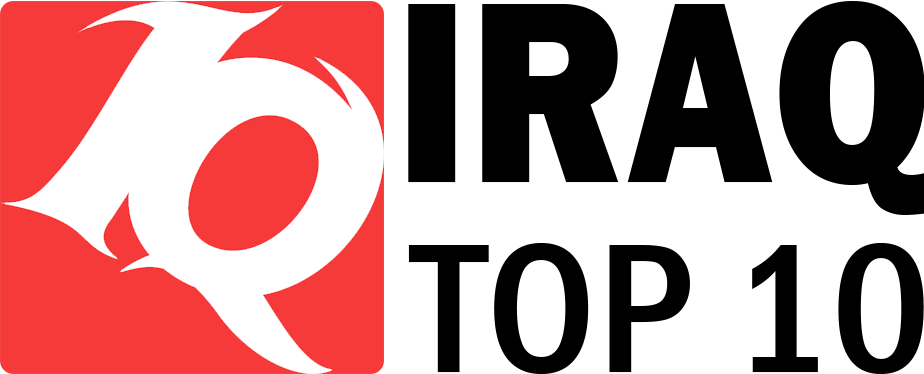



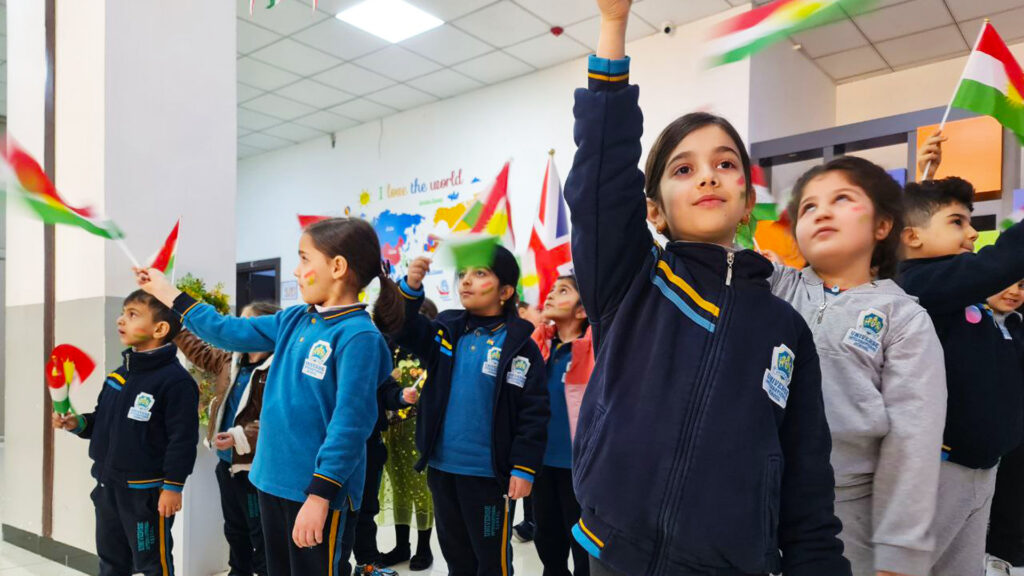




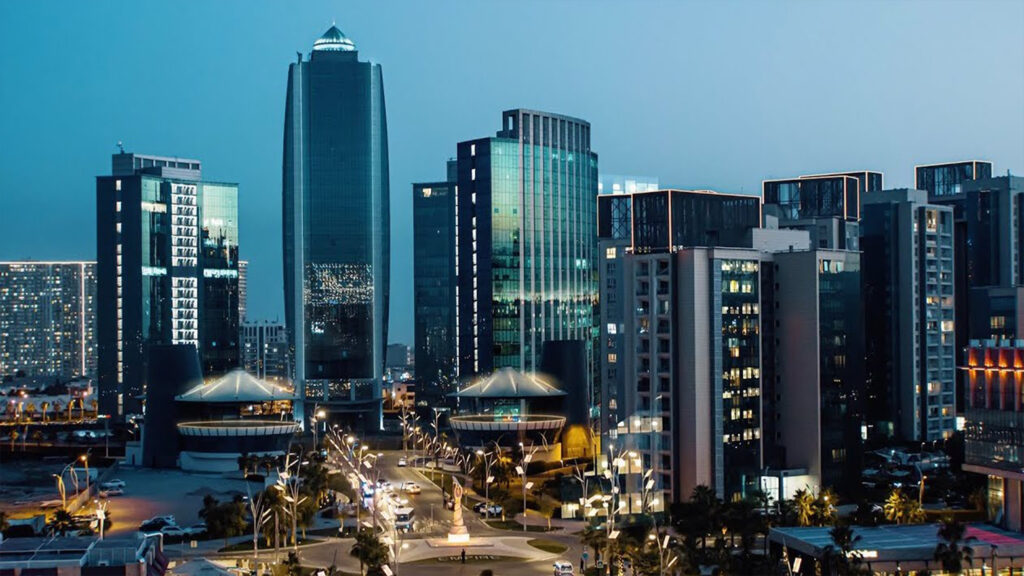
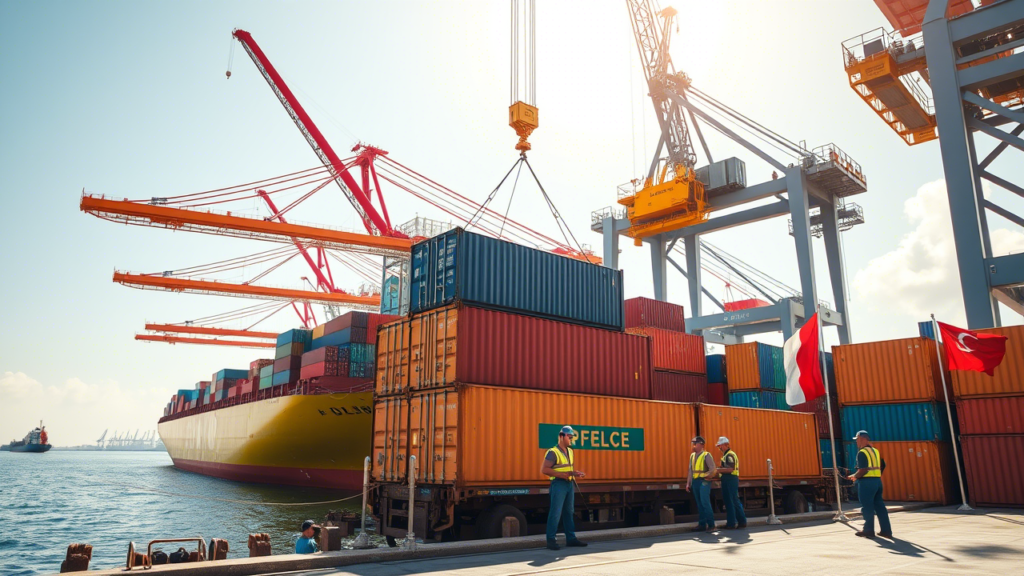
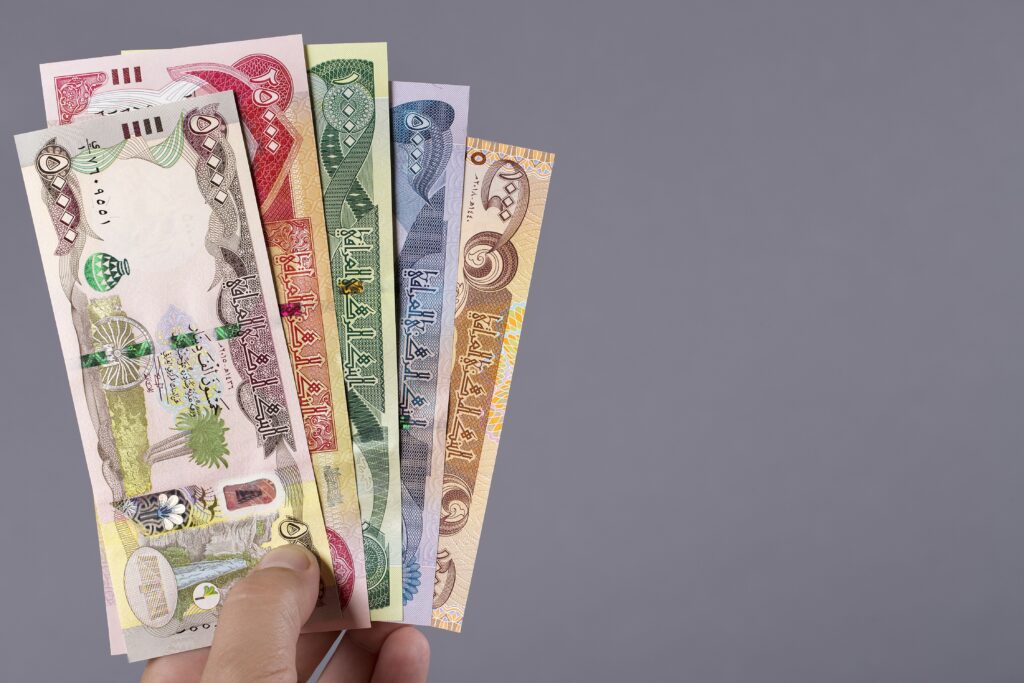
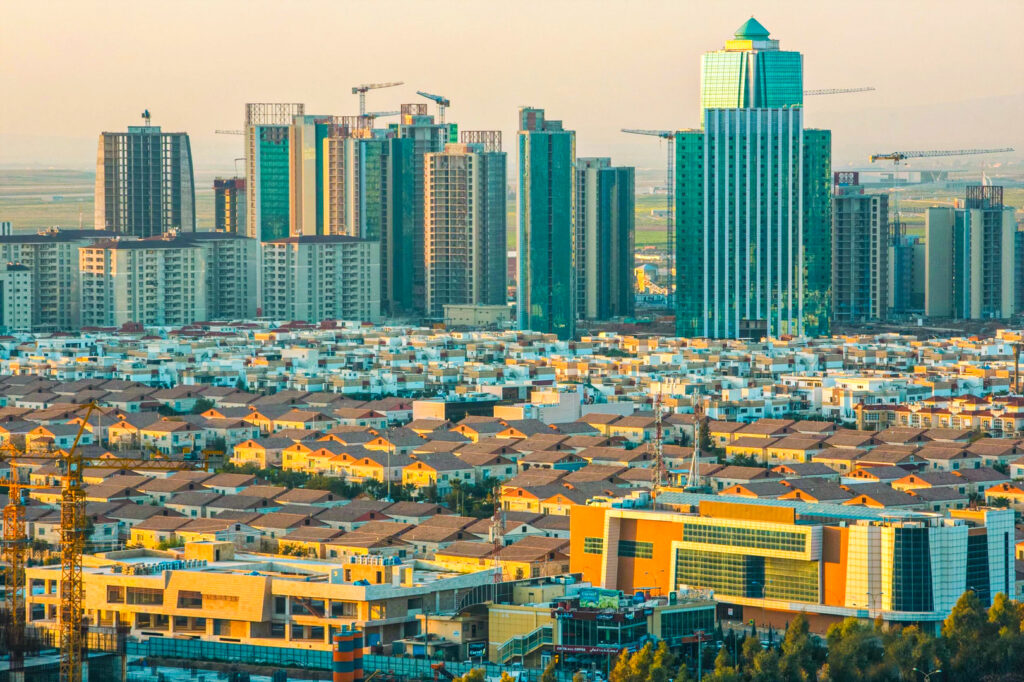

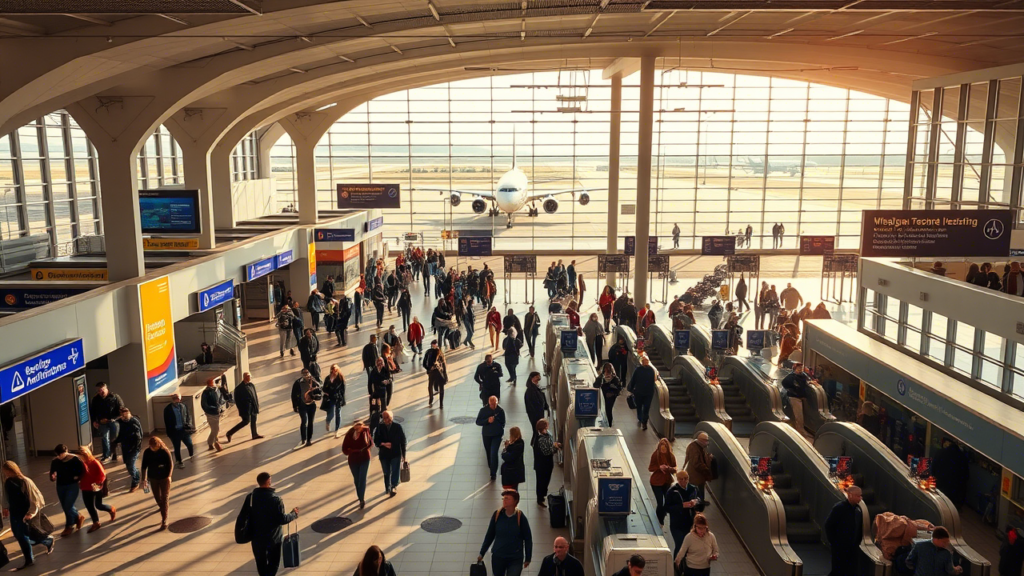

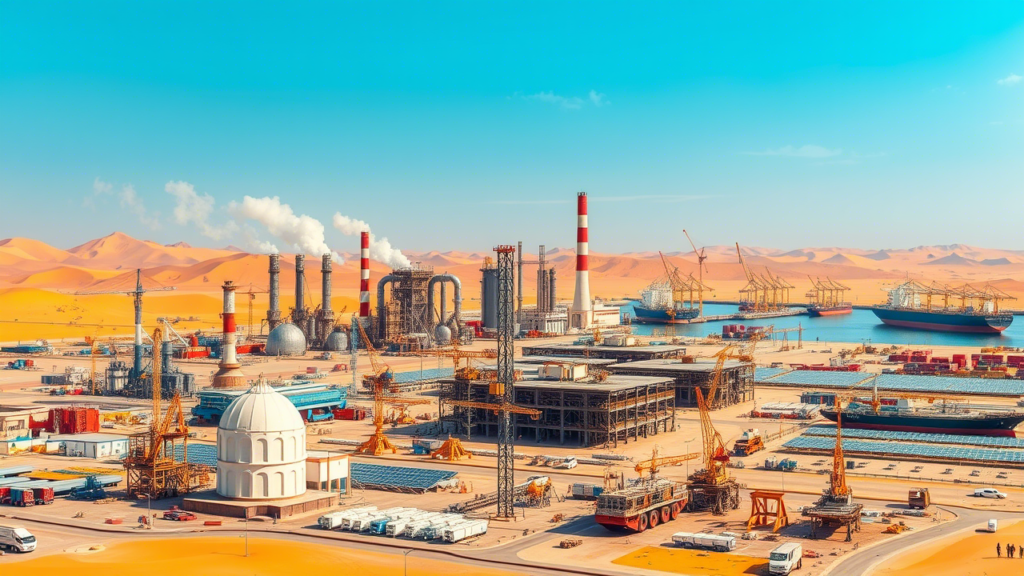









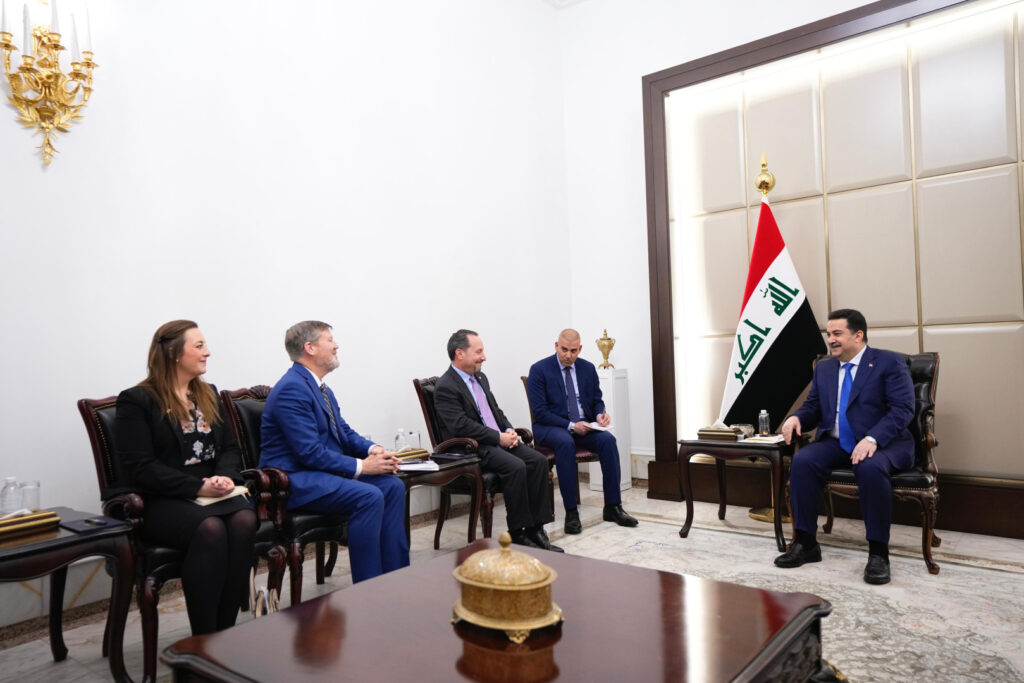
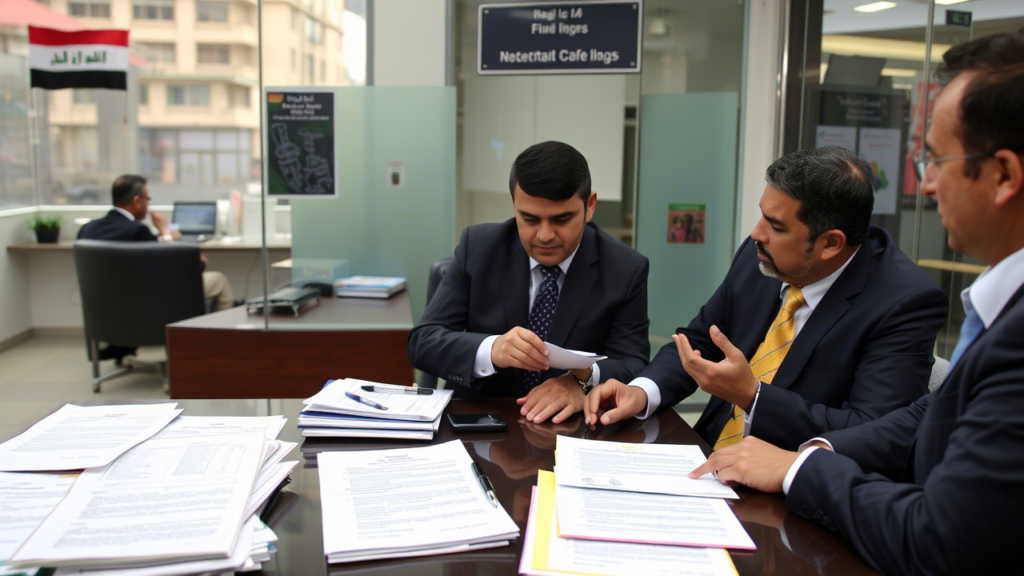
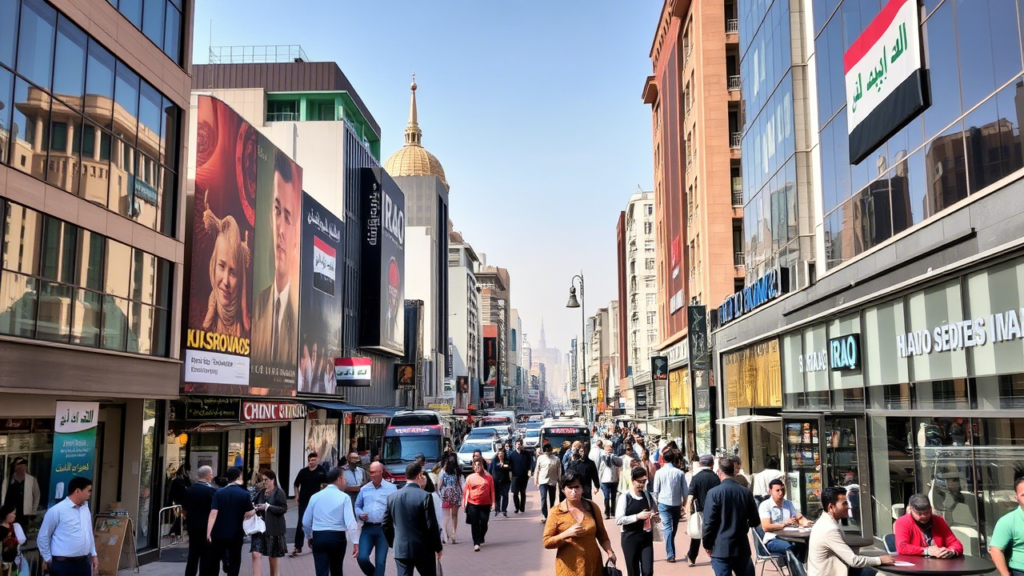
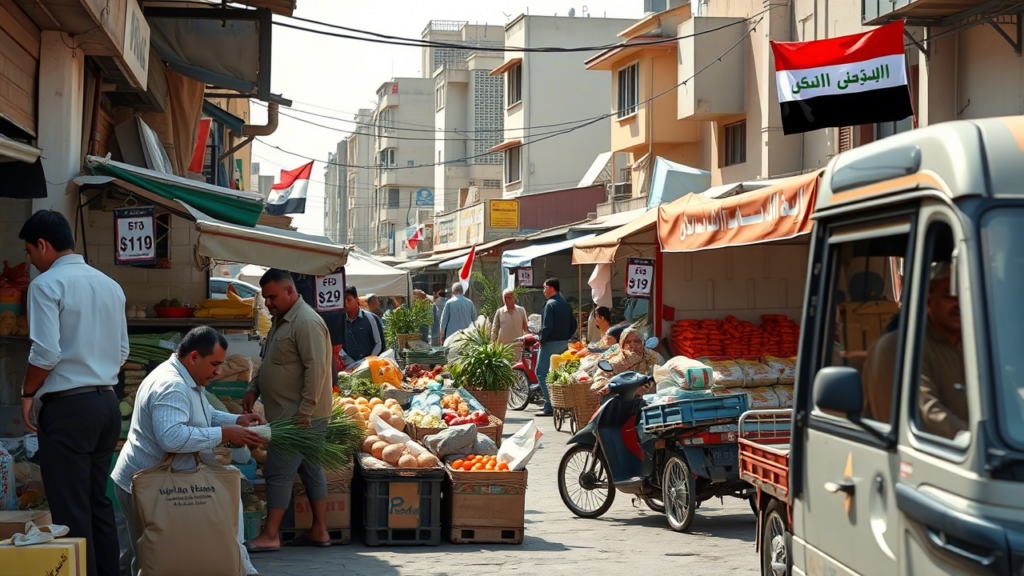
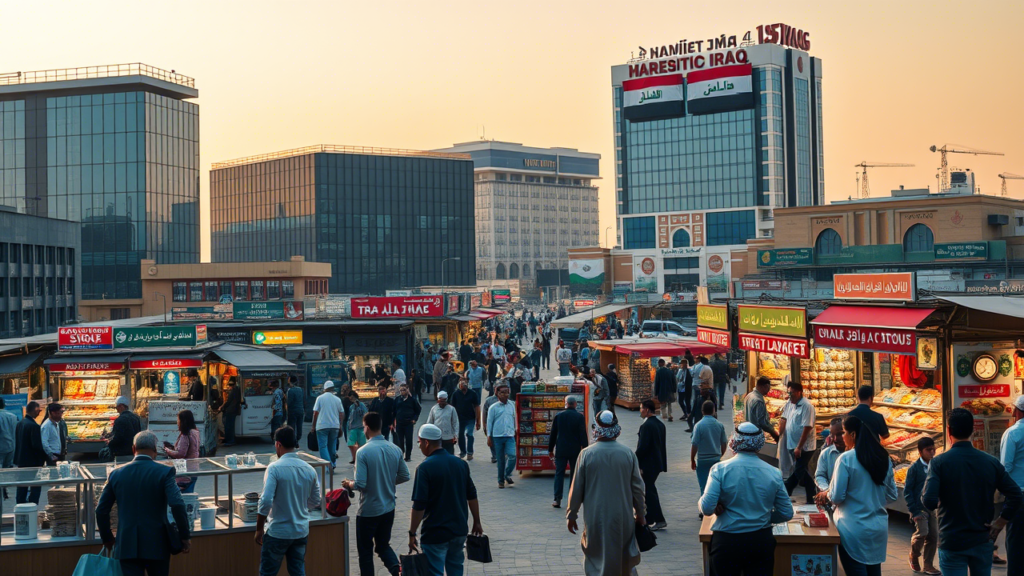

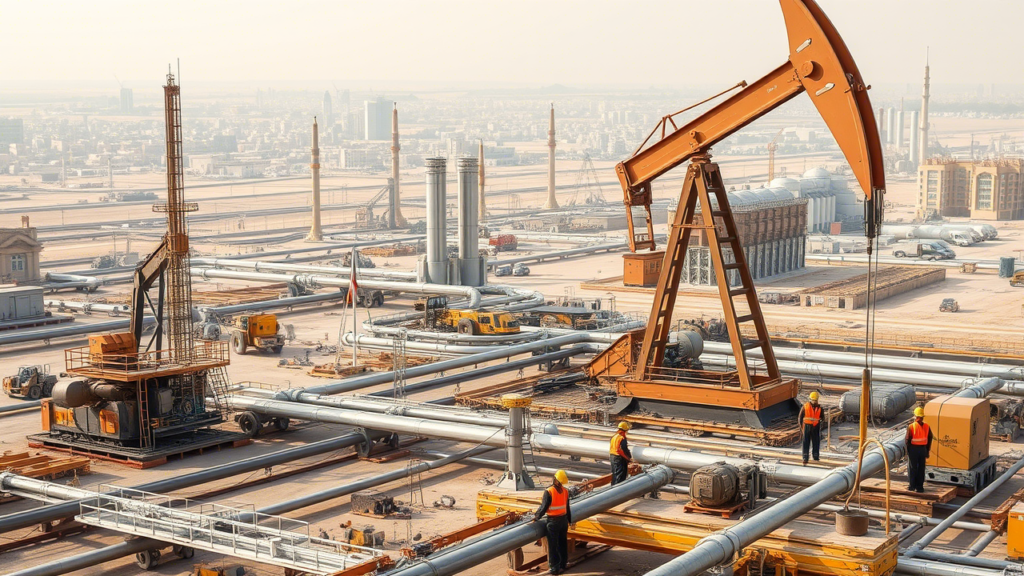
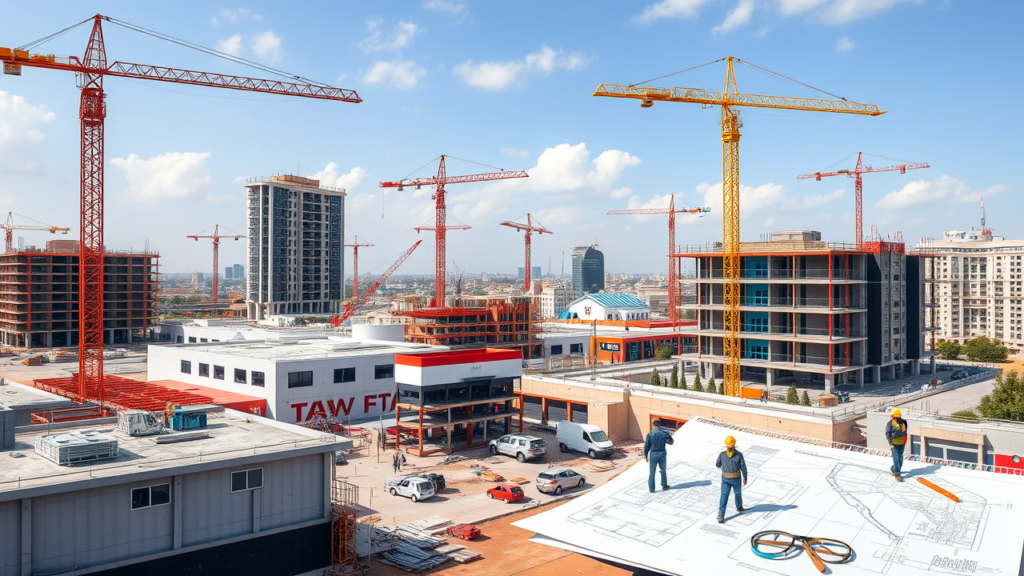
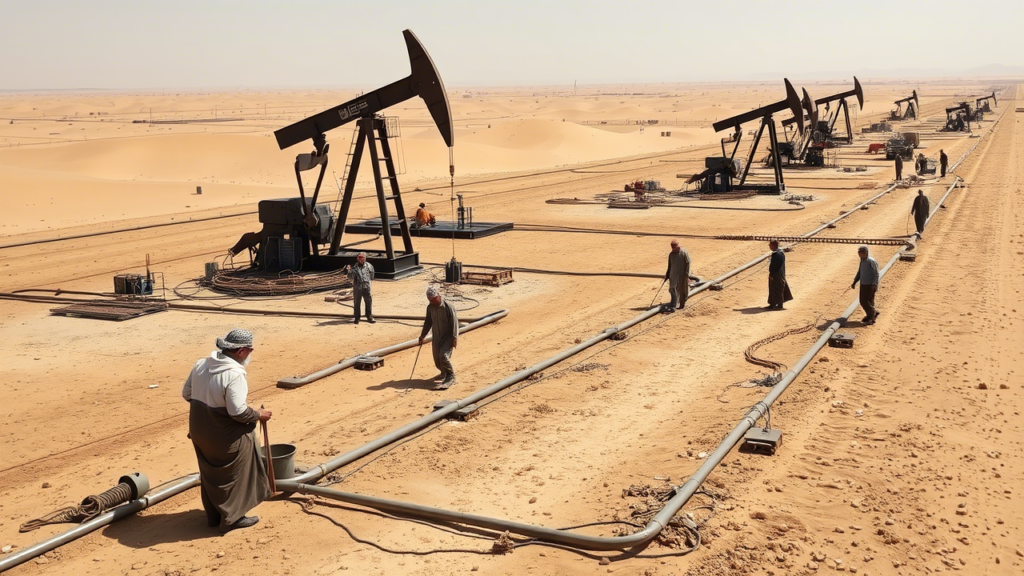

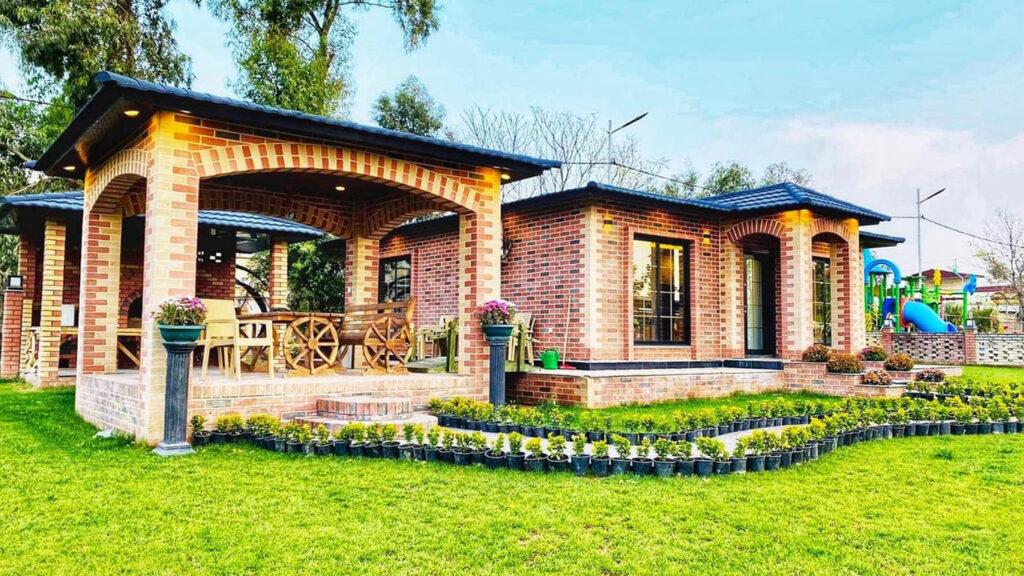

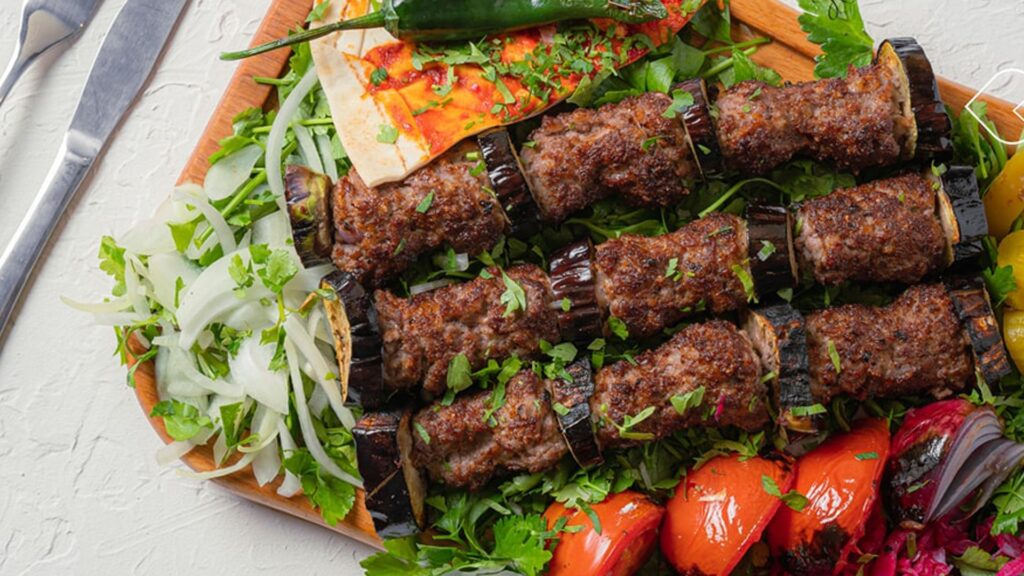
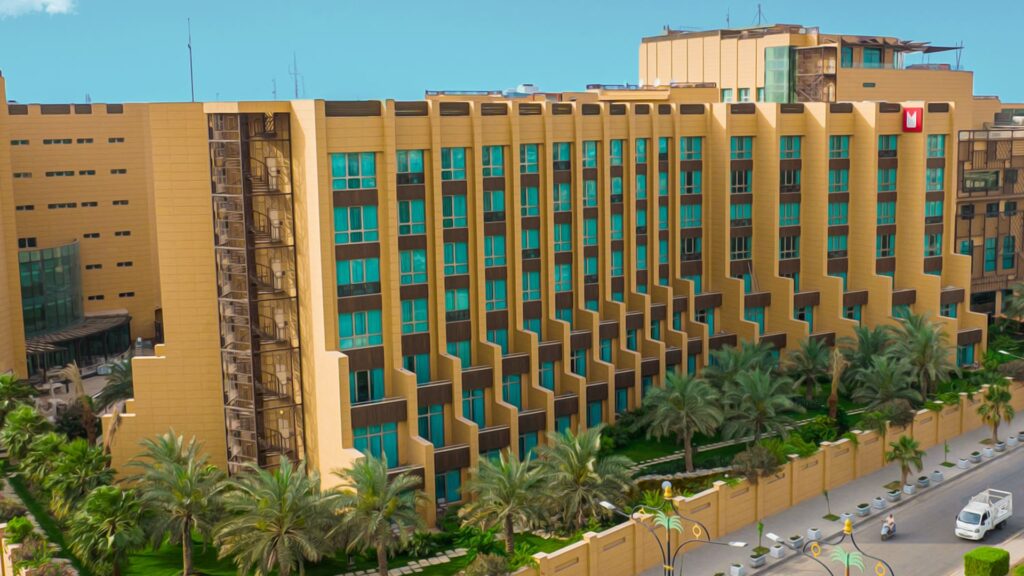
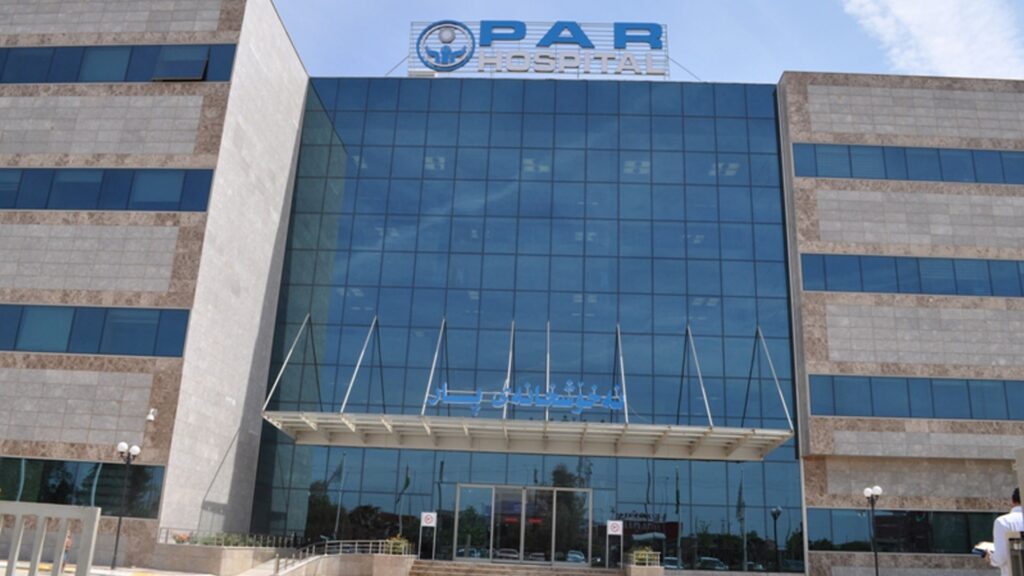

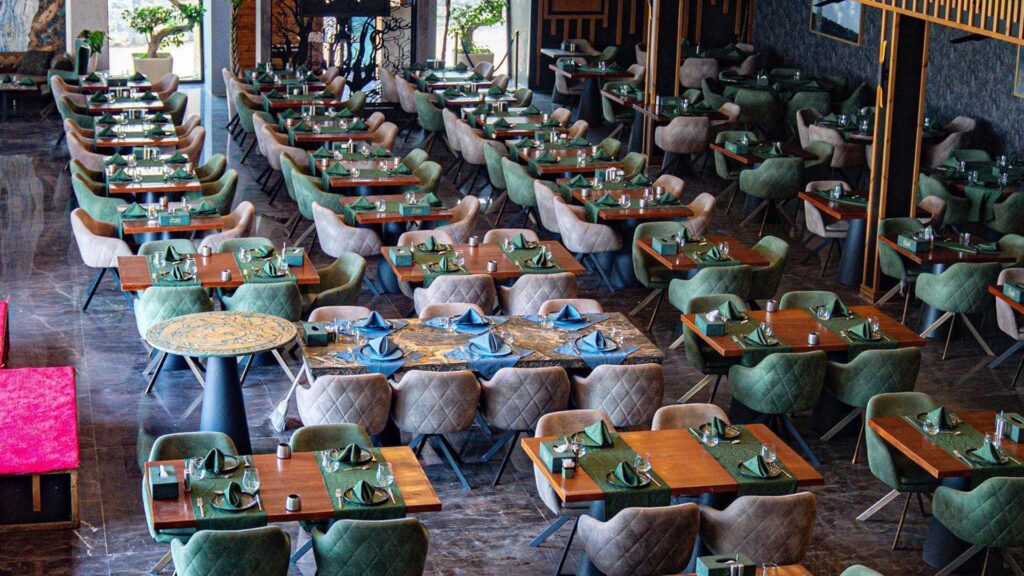


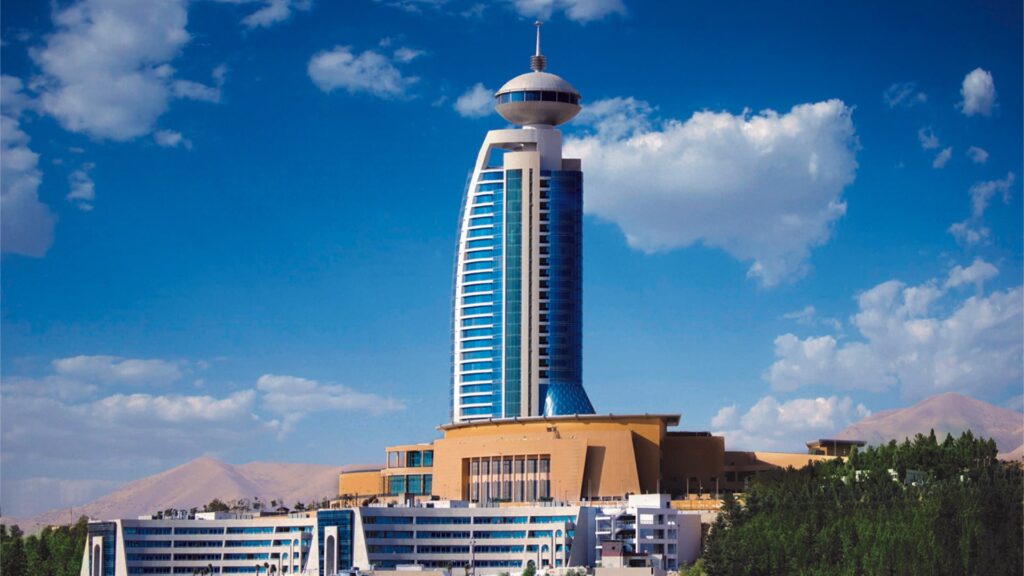
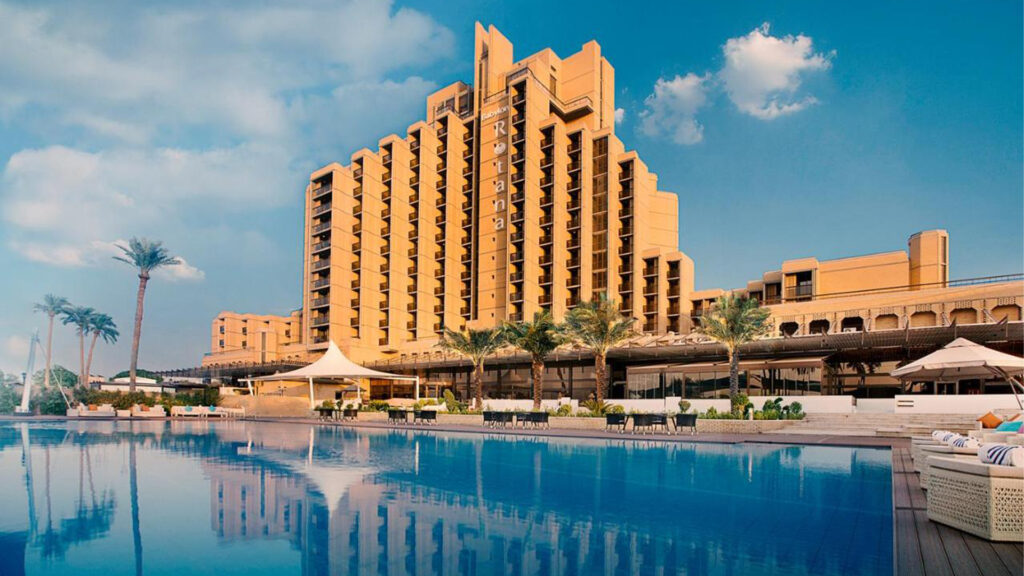




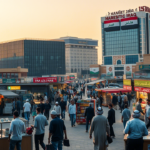

Transportation In The Bahamas
03rd Mar 2025Your comment is awaiting moderation.
Simplify your travel with Bahamas Airport Transportation. Offering reliable airport transfers and transportation services across the Bahamas, we ensure seamless journeys to and from airports. Experience comfort and convenience with our expert transportation services.
Fast Taxi from Blue Mountain to Pearson
03rd Mar 2025Your comment is awaiting moderation.
For premium transfers, book a Blue Mountain Executive Taxi today. Whether choosing a Blue Mountain to Toronto Taxi Service or a Blue Mountain Private Taxi Service, we provide safe and professional airport transportation.
Black Car Service for Business Meetings
04th Mar 2025Your comment is awaiting moderation.
Elevate your journey with our Black Luxury Car Service in Chicago. Offering executive sedans, black SUVs, and professional chauffeurs, we cater to your every transportation need. Experience luxury and convenience like never before with our premium black car service.
Dubai Airport Meet and Greet
13th Apr 2025Your comment is awaiting moderation.
Get a smooth DXB Airport Pickup experience with our premium Dubai Airport Private Pickup and Dubai Airport Limo Service. Whether you need a Dubai Airport to Downtown Transfer, Chauffeur Limo Dubai Airport, or Dubai Airport Shared Shuttle, we provide luxurious and budget-friendly options to fit your needs.
Nassau Airport To Atlantis Transportation
13th Apr 2025Your comment is awaiting moderation.
Airport Transfers Bahamas combines top-tier luxury with safety-focused service. Our fleet ensures client comfort and adheres to the strictest safety protocols for a premium travel experience.
Ride To Toronto Airport
02nd Jun 2025Your comment is awaiting moderation.
Ride To Toronto Airport offers convenient transportation services to Toronto Pearson International Airport, ensuring stress-free travel for passengers in the Greater Toronto Area.
Nassau Bahamas Transportation
16th Jun 2025Your comment is awaiting moderation.
Nassau Bahamas Transportation delivers prompt and stylish solutions. Opt for Nassau Bahamas airport to hotel transport, enjoy island-wide transport Nassau Bahamas, or ride in comfort with a private driver Nassau Bahamas and professional transportation services in Nassau Bahamas.